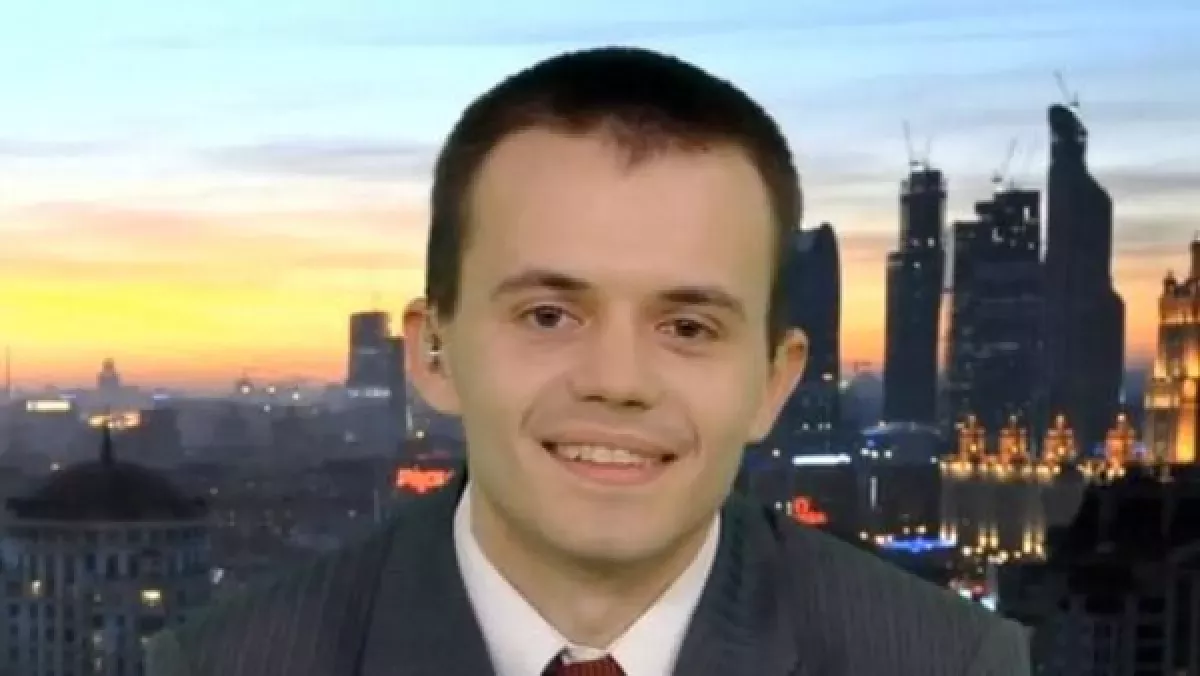“Europe is rapidly losing its economic and military significance” Expert opinions on Caliber.Az
The collapse of the North Atlantic Alliance and the European Union due to changes in U.S. policy is quite realistic. This was stated by the head of the Main Intelligence Directorate (GUR) of the Ukrainian Ministry of Defence, Kyrylo Budanov.

He made this remark in response to a forecast by former aide to the Russian president, Vladislav Surkov.
The disintegration of NATO and the EU could be one of the possible scenarios, noted the head of Ukraine’s military intelligence.
"Although I absolutely hate Mr. Surkov for everything he has brought here, I’m afraid that this is one of the potential outcomes if things continue as they are now," Budanov said, as quoted by the Strana news outlet.
Vladislav Surkov, the former aide to the Russian president, had earlier told the French magazine L’Express that the collapse of NATO and the EU has become a very real issue, and that Ukraine faces inevitable defeat and division into “Russian” and “anti-Russian” parts — with Russia set to expand.
How accurate might the forecasts of Budanov and Surkov be? Is such a scenario of the EU and NATO disintegration possible under current global conditions?
Foreign analysts shared their views on this topic with Caliber.Az.

Professor of Political Science and International Relations at the University of Tennessee (USA), Andrew Korybko, first noted that the entire policy of Donald Trump reflects the emergence of a completely new balance of power after 35 years of stagnation, during which the West — now referred to as the Global North — held a monopoly over the global system.
"At present, a new bipolar system is emerging. The United States is being forced to pivot from the West to the East, building a new containment framework with regard to China. In this context, Europe is rapidly losing its economic relevance — and with it, its military significance. So yes, the United States is no longer inclined to offer full guarantees to the Europeans and sees them less as allies and more as client states that are in no way equal to the U.S. This is causing panic among Europeans, who also happen to be ideological opponents of the Trump administration.
However, this isn’t just about Trump. His policies simply reflect real global trends that are already underway. In fact, we can confidently say that the United States will continue to withdraw from Europe and scale back its commitments to the Europeans," the professor believes.
According to him, the first “warning signs” of this shift were statements suggesting that Europeans should pay for their own defence and that Europe must take responsibility for supporting Ukraine — if it truly wants to.
“For the United States, this conflict no longer holds strategic interest. On the contrary, it is seen as a serious obstacle to the ongoing U.S. pivot toward China and the broader Asia-Pacific region.
In this context, the remarks by Surkov and Budanov reflect real global shifts that are currently underway. These shifts are primarily tied to Europe’s sharp and undeniable decline in significance — and its inability to solve any problems independently, without U.S. involvement.
That’s why we’re seeing, on the one hand, panicked statements from European leaders, and on the other, their increasing willingness to make concessions to Trump and openly fawn over him.
This was evident during Trump’s recent meetings with both NATO Secretary General Mark Rutte and European Commission President Ursula von der Leyen. All these trends will persist, as they reflect genuine changes in the global balance of power,” Korybko asserted.

Anatoliy Pinchuk, Chairman of the Board at the Institute for Eastern European Security (Kyiv), considers it natural that any alliances can both emerge and eventually dissolve.
“Theoretically, one could model a scenario involving the disintegration of the EU or NATO. But at present, I see no grounds for such an outcome. On the contrary, we are witnessing consolidation and mobilisation — particularly within the European Union. The reason for this lies in Russia’s aggressive actions. The EU has adopted several defence programmes aimed at funding arms procurement both for itself and for Ukraine.
The NATO summit, which many expected to be troubled due to shifts in U.S. policy, was held successfully and without incident. So far, the only issue where some contradictions have surfaced is the Israeli-Palestinian conflict. However, against the backdrop of the urgent need to coordinate efforts in countering Russia and China, it is unlikely to become a significant destabilising factor,” Pinchuk suggested.








